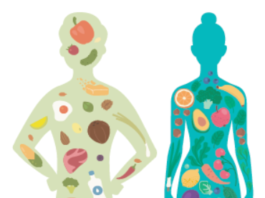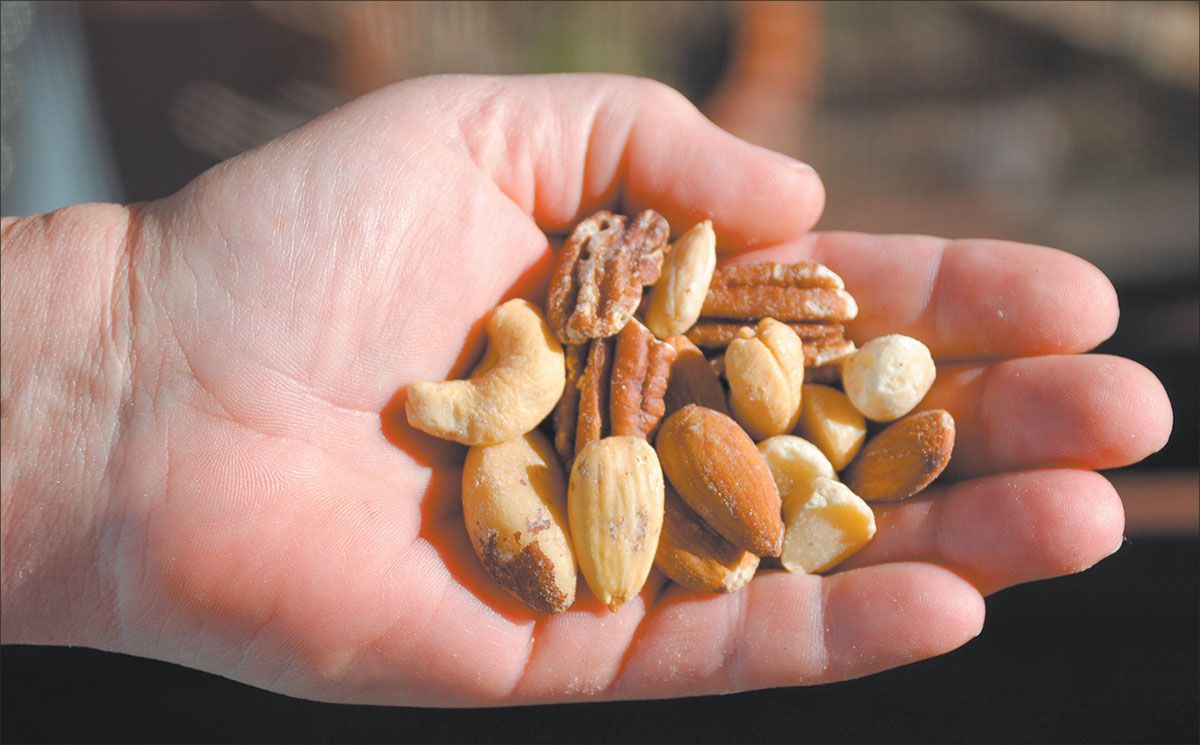Alpha- and Beta-Carotene Linked to Lower Breast Cancer Risk
A dietary pattern high in vegetables and fruits such as carrots, pumpkin, sweet potatoes, peppers, cantaloupe and dark leafy greens might help protect you against breast cancer. According to a new analysis of data from the European Prospective Investigation into Cancer and Nutrition study, women with higher blood levels of alpha- and beta-carotene were significantly less likely to have breast cancer.
How Much Should You Worry About Meat and Cancer?
Is the slice of bacon on your BLT really as dangerous as smoking a cigarette? That was the implication of some of the scary headlines about the World Health Organization's recent report stating that processed meat raises the risk of colon, stomach and other cancers.
Mediterranean Diet Linked to Lower Breast-Cancer Risk
Hardly a day goes by without headlines touting the health benefits of a Mediterranean-style diet, which has been linked to lower risk of cardiovascular disease and possible brain protection. Now, a recent study suggests this style of eating may also help protect women against breast cancer.
Are There Carcinogens in Roasted Nuts?
Concerns about carcinogens in roasted nuts centers on acrylamide, a compound formed when certain plant foods are cooked at temperatures above 250 degrees, especially by frying, baking, broiling or roasting for long cooking times. Cooking causes a chemical reaction between sugars in the food and an amino acid called asparagine, which in turn forms acrylamide. Among the foods most noted for producing acrylamide are potatoes, leading to concerns about French fries and potato chips.
New GMO Potato Cuts Cancer-Linked Chemical
French-fries and potato-chip fans concerned about cancer risk from fried potatoes may have hope on the horizon. Idaho-based J.R. Simplot Co. has received USDA regulatory approval for a genetically modified potato that produces less acrylamide when fried. Thats the naturally occurring chemical linked to concerns about increased cancer risk from fried-potato consumption. The Innate potato, which comes in Russet Burbank, Ranger Russet and Atlantic varieties, also resists bruising, a potential money-saver for growers and processors.
Best Food Choices to Reduce Your Cancer Risk
Reporting on the annual meeting of the American Association for Cancer Research earlier this year, the New York Times noted, The latest results about diet and cancer were relegated to a single poster session and a few scattered presentations. Previous high hopes that specific dietary changes might combat cancer risk have largely evaporated, the Times reported, in the wake of more thorough epidemiology. The report summed up: About all that can be said with any assurance is that controlling obesity is important, as it is for heart disease, type 2 diabetes, hypertension, stroke and other threats to life. Avoiding an excess of alcohol has clear benefits. But unless a person is seriously malnourished, the influence of specific foods is so weak that the signal is easily swamped by noise.
Pick Peaches for Healthy Nutrients
Fresh peach season provides a fuzzy-skinned, sweet and juicy invitation to enjoy the nutritional goodness of these favorite fruits. Peaches are low in calories and glycemic index, a good source of vitamins, phytonutrients and fiber, and may even help fight cancer.
How to Get Maximum Health Benefits from Tomatoes
Tomatoes are so ubiquitous in the American diet, from the fresh tomatoes just now coming into prime season to countless processed products, that its hard to believe they were once commonly avoided as poisonous. Its true that tomatoes, like potatoes and peppers, belong to the nightshade family, and their leaves contain alkaloids that can indeed be toxic to pets. Europeans who saw the plants from the New World thought tomatoes resembled belladonna-deadly nightshade-and gave the fruit the forbidding name wolf peach.
New Questions About Benefits from Vitamin D Beyond Bones
If youve been popping vitamin D supplements for benefits beyond bone health-such as preventing heart disease, cancer or diabetes-its too soon to know if those pills are really doing you any good. Thats the lesson, experts say, from a sweeping new review of 290 observational studies and 172 randomized trials of vitamin D, chronic disease and mortality. Although vitamin D deficiency was associated with a variety of health problems in the observational studies, the trials in which participants were actually given extra vitamin D failed to prove a benefit.
Daily Handful of Nuts Linked to Lower Mortality Risk
Eating a daily handful of nuts-about one ounce or three tablespoons-could reduce your risk of dying from the most common causes of death. Results from the largest study of its kind, following nearly 119,000 men and women for up to 24 years, show that regular consumers of any type of nuts were less likely to die from heart disease, cancer and lung disease or from all causes than non-nut eaters. As frequency of nut consumption went up, mortality risk dropped.



































